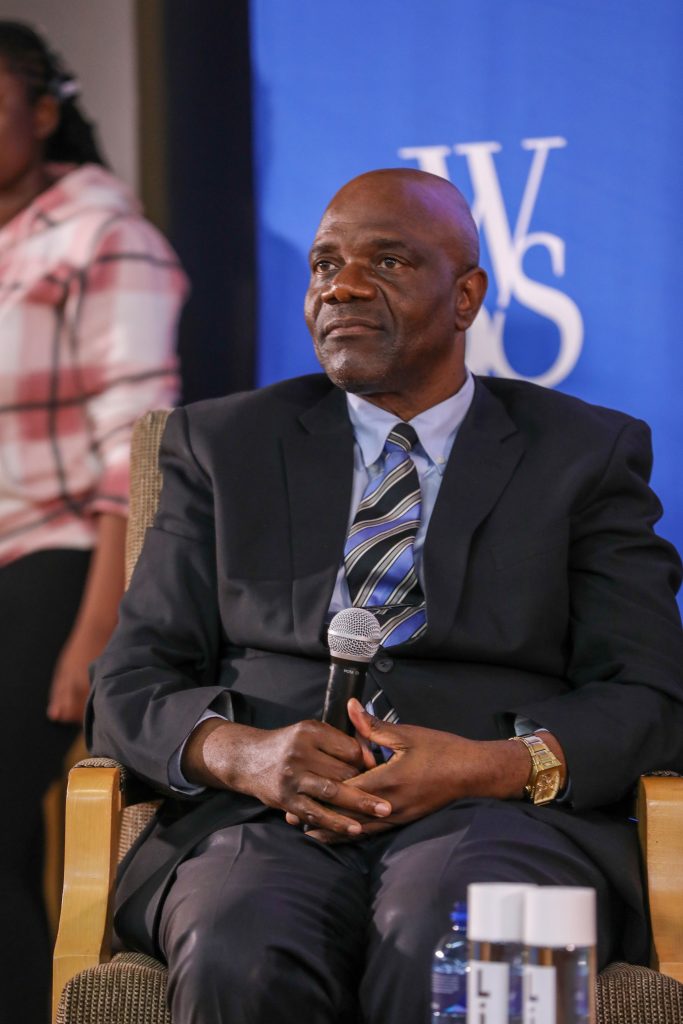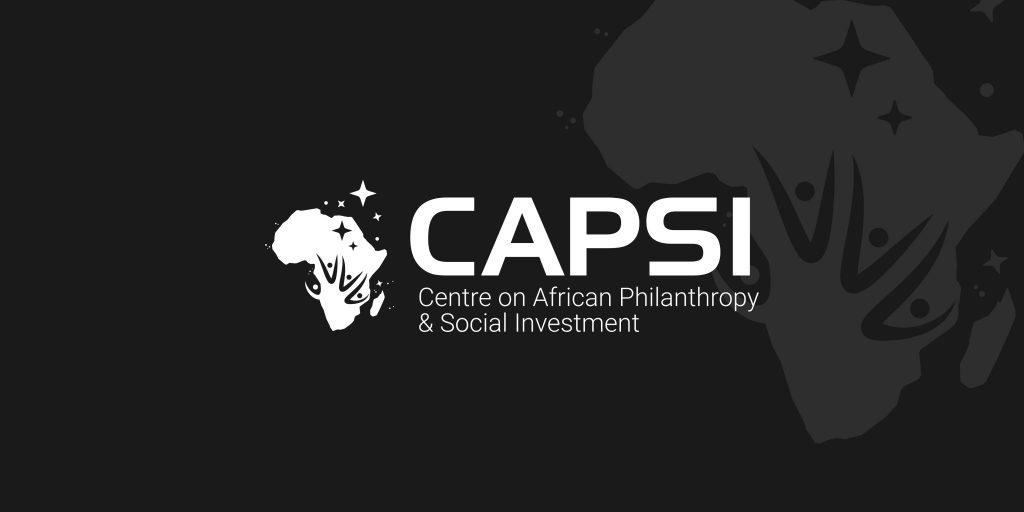
Investigating Philanthropic Undertakings by Indigenous Philanthropic Organisations in Selected African Countries
Author:
Chengete Chakamera
Keywords:
Indigenous philanthropic organisations, Humanitarian, Foundation, Charity
Document details:
Copyright:
CAPSI
Year:
2022
Document Number:
RR5
Availability:
Web-Only
Pages:
27
Publication Date:
2022-12-01
Series:
Research Reports
Abstract:
While several charity organisations operating in Africa, the need for knowledge regarding indigenous philanthropic organisations in each African country and what they do is challenging. This research seeks to identify these indigenous philanthropic organisations in Namibia, Malawi and DRC and investigate, among other things, their revenue and expenditure sizes as well as their philanthropic undertakings. A fully structured questionnaire is used as a data-gathering instrument and distributed through survey monkey. Descriptive analysis is the method used to analyse the study’s quantitative data. Among the results, it is found that the organisations described as philanthropic infrastructure support organisations (PISO) are still lacking in Africa. Legally registering philanthropic organisations seems complicated in Namibia but easy in DRC, while there needs to be a clear cut of whether it is easy or difficult in Malawi. In terms of philanthropic undertakings, the five areas organisations in Malawi spend much money on are education, health, humanitarian, child protection, and agriculture.
In Namibia, organisations spend much money on education, humanitarian, health, child protection, and rural development. For DRC, organisations spend much money on five areas: gender promotion, health, child protection, agriculture, and entrepreneurship. Generally, the areas organisations spend less
include relief activities, arts and culture, SMEs, and sports. Environment receives relatively small funds in Namibia and Malawi compared to DRC. Regarding the groups that receive the most funding, the top four recipients were children, orphans, women, and youth. The major challenge philanthropic organisations face is the need for more finance to carry out philanthropic activities effectively. This problem goes with the fact that most of these organisations report low annual revenue and low expenditure (below US$100000). It is also noted that the values for most organisations in DRC and Namibia are smaller (between US$1000 and US$10000) compared to Malawi (above US$50000). Most organisations do not have endowment/ reserve funds. The organisations’ ability to reserve is hampered by low revenue and a lack of funds to meet their philanthropic activities. In mobilising funds, the indigenous philanthropic organisations in Malawi and Namibia get their money mainly through sponsorships/or donations, fundraising and grants. The three primary sources of getting money in DRC are membership contributions, grants and income generation. The government had been the minor source of funds across all three countries.
Cite this Article:
Chakamera, C., 2022. Investigating Philanthropic Undertakings by Indigenous Philanthropic Organisations in Selected African Countries. (Report No. RR5) Centre on African Philanthropy and Social Investment. http://dx.doi.org/10.47019/2022.RR5




